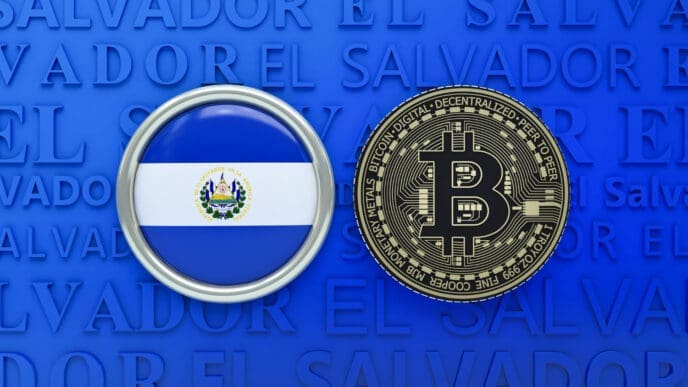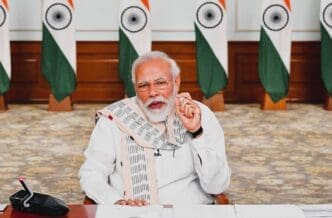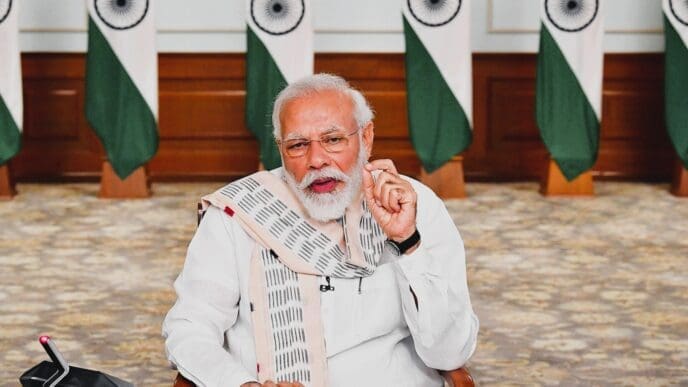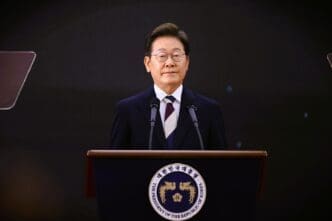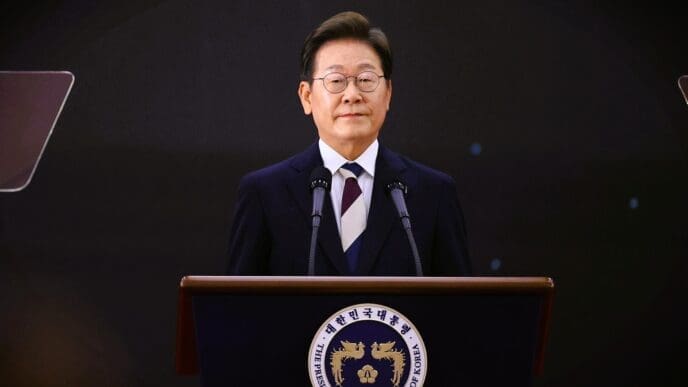A patriotic demonstration took place in Warsaw as thousands gathered to commemorate the millennium since the coronation of Poland’s first king. Participants, dressed in historical costumes, celebrated by dancing the Polonaise and singing the national anthem. The event also served as a platform for political support, with attendees expressing backing for a conservative candidate in the upcoming presidential election.
The event was bolstered by the Law and Justice party, which governed Poland for eight years until 2023. The party is now seeking to regain power, aiming to elect an ally as president who would wield significant influence over foreign policy and possess veto power over laws. Party leader Jarosław Kaczyński urged patriots to join the march, which concluded in front of the Royal Castle, a historical symbol of Poland’s resilience.
Karol Nawrocki, a historian turned politician and the party’s candidate, addressed the crowd, emphasizing the importance of preserving Poland’s heritage and fostering national aspirations. The rally, marked by Polish flags and a few U.S. flags, also saw expressions of support for U.S. President Donald Trump. Among the supporters was Stanislaw Bieniek, an 81-year-old who fled communist Poland and now resides in the country, pledging to vote for Nawrocki.
The demonstration coincides with the Law and Justice party’s efforts to boost Nawrocki’s campaign, as he trails behind the liberal front-runner, Warsaw Mayor Rafał Trzaskowski. Nawrocki also faces competition from the far-right Confederation party’s rising candidate, Sławomir Mentzen, who threatens the conservative voter base.
The event also marked the 500th anniversary of the Duchy of Prussia’s allegiance to the Polish king, a significant historical moment for many Poles given the nation’s history of facing German aggression. Organizers estimated a turnout of 100,000 people, while city hall, led by Trzaskowski, reported 20,000 attendees.
Trzaskowski is currently polling at over 30%, with Nawrocki at just over 20%. Both candidates participated in a recent debate to energize their supporters and attract new voters. Poland’s presidential election, scheduled for May 18, operates on an absolute majority system, potentially leading to a runoff if no candidate wins more than 50% of the votes. The current independent president, Andrzej Duda, an ally of the Law and Justice party, is nearing the end of his second term and is ineligible to run again.
The Bigger Picture
The outcome of the upcoming presidential election could significantly impact Poland’s political landscape and its relations with the European Union. A victory for the Law and Justice party’s candidate may steer the country towards more conservative policies, affecting areas such as judicial reforms, media freedom, and social issues. Conversely, a win for the liberal candidate could enhance Poland’s ties with the EU and promote a more progressive agenda.
For the average citizen, the election results could influence various aspects of daily life, including economic policies, healthcare, and education. The political direction chosen by the electorate will shape Poland’s future both domestically and on the international stage, reflecting the country’s aspirations and values in the years to come.



